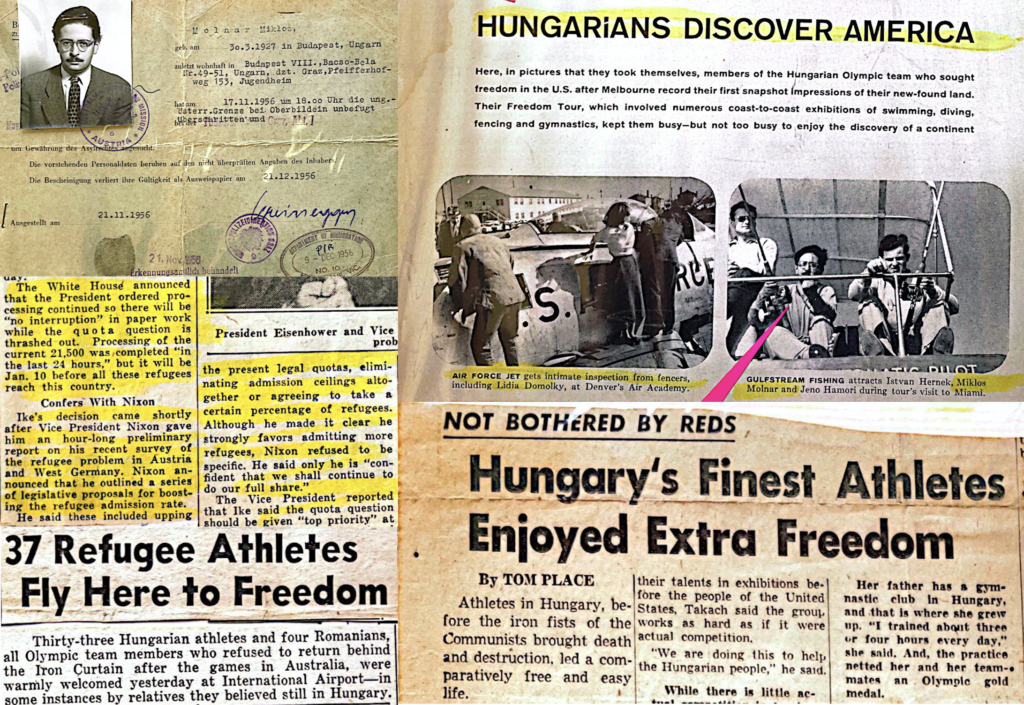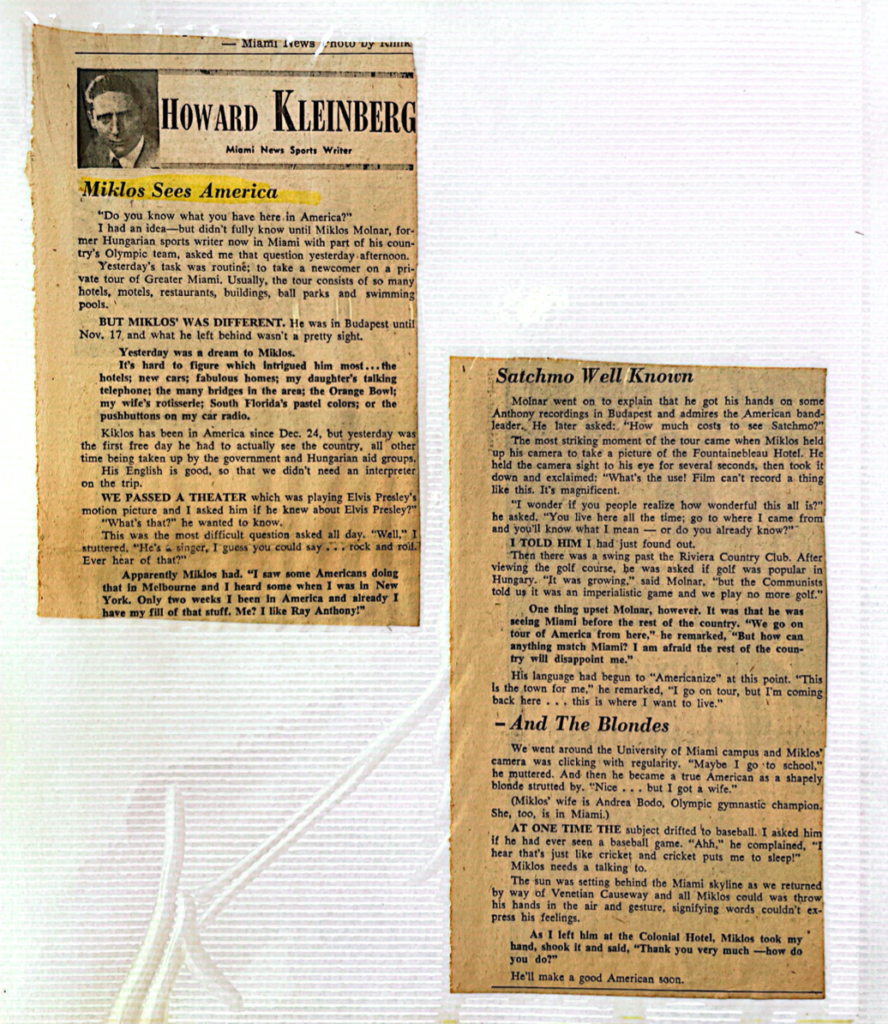
In 1956, the Hungarian people revolted against the Soviet Union, who had occupied the country following World War Two. Despite their anger about the occupation, the Soviet Union clamped down on the revolution, causing hundreds of thousands of refugees to flee the country. Among them were my grandparents, who fled across the border to Austria and made their way to the United States. Upon arriving, my grandparents worked hard to guarantee a better life for themselves and their family. However, while they may have been successful in assimilating to American society, it isn’t so simple for many others who come as refugees. But why are some refugees treated better than others?
There are a multitude of reasons why some refugees might be more accepted than others. For example, the legal status of individuals may matter more than the amount of benefits given by the US government (Fitzgerald and Arar 2018). For example, if people knew that their new neighbor was legally a refugee, that might negatively influence their perception and treatment of them. So, the treatment of refugees by those around them in their new home has been shown to be more useful than any material benefits given to them by the government. This demonstrates that public perception matters a lot. Clearly, while governmental assistance can certainly be helpful, assimilation is also based on more social factors that deal with the population’s openness to accepting such people. I argue that due to the highly politicized nature of American society, refugees from perceived “communist” countries receive favorable treatment because the fear of communism prolonged by the cold war made anti-communist perspectives useful and created sympathy for those escaping it.
First off, it is no secret that the United States isn’t an accepting haven for all, or a perfect melting pot. Xenophobia, racism, and tribalism lead to an adverse reaction against accepting refugees and immigrants. Often, immigrant communities are subject to hate crimes, increased incarceration rates, and economic marginalization (Bloemraad and Gleeson 2022).

Despite poor treatment of many refugees, one notable exemption is the case of refugees from communist countries, particularly during the cold war. In the article above, my grandfather is being interviewed by a reporter for the Miami Times. The article concludes with the reporter stating “He’ll make a good American soon.” This kind of attitude is completely different from the anti-immigrant rhetoric employed against many other groups. In other striking examples, the United States and other Western countries even encouraged citizens in the communist bloc to defect and seek refuge in the west (Fitzgerald and Arar 2018). This demonstrates that despite the fact most refugees globally move to developed countries (Hein 1993), those moving from similarly developed countries (like those in the communist bloc) receive better treatment.
In addition, I argue that these refugees are used to advance the accepting country’s agenda. Refugee policy in America was heavily influenced by diplomacy and politics. For example, the United States created generous provisions for refugees coming from communist countries in order to “punish” the Soviet Union by encouraging its citizens to leave (Cornelius and Rosenblum 2005). In addition, the main point of the Miami Times article revolves around one line spoken by my grandfather while being shown around Miami: “I wonder if you people realize how wonderful this all is…go to where I come from and you’ll know what I mean.” This also reveals the political usefulness of accepting such refugees: a quote like this would increase American patriotism and fear of communism.
Not only do these examples show a preference for refugees from communist countries during a period of American opposition to communism, they show how refugees were useful as examples aiding a cultural war against communism – the United States principal enemy during the cold war. In summary, this demonstrates that refugees can receive preferable treatment if they are able to be used to further the political interests of the country.
References:
Bloemraad, Irene, Ali R. Chaudhary, and Shannon Gleeson. 2022. “Immigrant Organizations.” Annual Review of Sociology 48.
Cornelius, Wayne A., and Marc R. Rosenblum. 2005. “Immigration and Politics.” Annual Review of Sociology 8:99-119.
Fitzgerald, David S., and Rawan Arar. 2018. “The Sociology of Refugee Migration.” Annual Review of Sociology 44:387-406.
Hein, Jeremy. 1993. “Refugees, Immigrants, and the State.” Annual Review of Sociology 19:43-59.